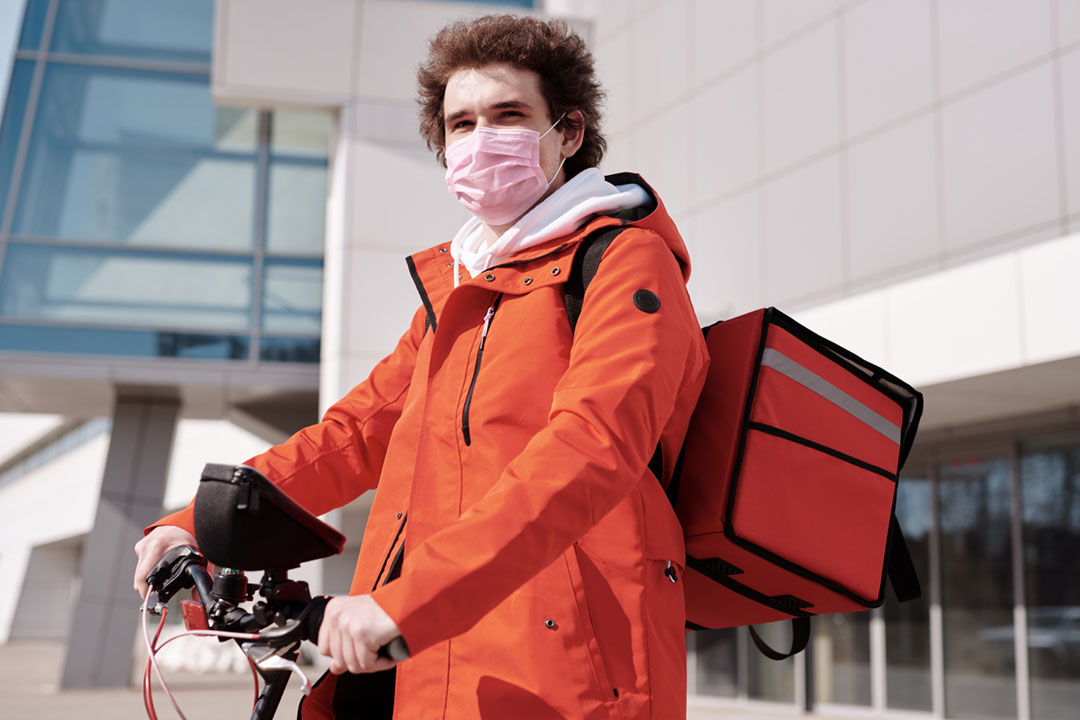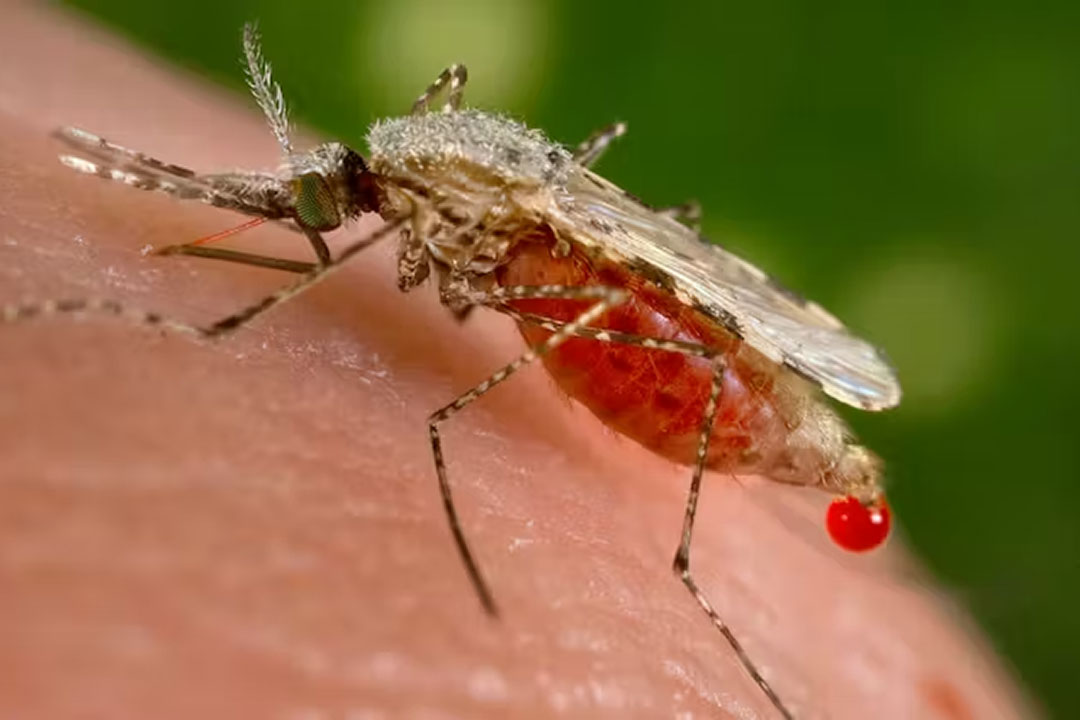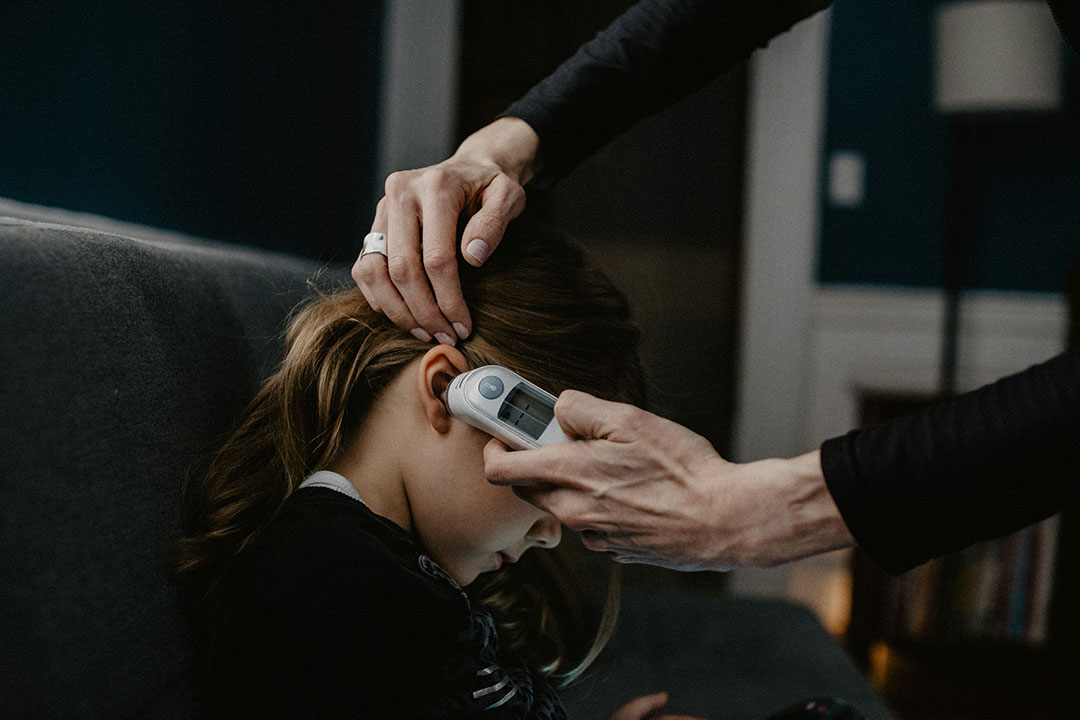COVID: should we start wearing masks again?
Some experts are calling for a return to masking as new variants emerge.
- 30 August 2023
- 4 min read
- by The Conversation

One thing that can be guaranteed about COVID is that evolution will provide us with a more or less constant stream of new coronavirus variants, some of which will be more successful at infecting people. Talk of mutations sounds scary and it can lead to serious problems, but it would be a mistake to think that it’s always the case.
BA.2.86 (nicknamed pirola) is one such new variant that has aroused concern from some doctors and scientists because of the high number of mutations in its spike protein, the molecule on the virus surface that acts like a key for it to unlock and enter our cells. It’s also the target for the vaccines, so changes in the spike might mean changes in the way the virus behaves, perhaps significantly.
But as things stand, we don’t have good data to be certain about this. It’s this worry that there may be a new wave of infections that has got some people talking about the need to reintroduce measures that control viral spread.
At the start of the pandemic, one of the most persistent questions asked was whether people should protect themselves and others by wearing some form of face covering. Initially, the prevailing opinion was that public use would not be effective.
Loud calls for face coverings
Government medical advisers in London and Edinburgh repeatedly assured the daily press conferences of this, only for politicians to lead the way in changing that advice while their advisers looked on. Now that the threat of COVID has largely receded, whenever infection numbers start to climb there are loud calls to instruct people to wear face coverings again.
The issue of masks, which in reality should be taken as shorthand for face coverings of all sorts, is one that too often creates more heat than light. There have been overstated claims of their effect and unwarranted claims of proof of ineffectiveness.
Have you read?
The picture is complicated by the lack of comprehensive, well-designed studies. Sometimes a study size is too small, meaning that slight but real differences might be difficult to see, or the actual adherence to wearing a mask is too low. If people only wear them sometimes, it could be difficult to observe an effect.
Compelling people to change their behaviour to reduce the number of COVID infections might not be without some sort of cost in terms of public confidence. During the pandemic, a school of thought arose that the public doesn’t really take any notice until they see TV pictures of people struggling to breathe being admitted to hospital. A lack of such urgency might mean compliance would therefore be poor and enforcement weak or non-existent.
When introduced in the UK in the spring of 2020, the instruction to cover our faces was part of a larger, more wide-ranging package of measures that, combined, did not prevent subsequent waves of infections and lockdowns. That being the case, it seems unlikely that masking on its own, without other measures, would have much effect, if any.
Coupled with the inevitable questioning of why it is necessary, any failure of masks to control infections when deployed as a sole measure could seriously jeopardise people’s willingness to comply with their use should a serious wave of respiratory infections occur that puts significant numbers of people in hospital and in which masks form part of a multi-component set of infection control measures.
As things stand, the chances of any reintroduction of significant multi-layered infection controls are virtually zero. A general election is due in the UK before the end of 2024, and it would take a very serious emergency of the type we saw at the height of the pandemic to make the government even contemplate it.
BA.2.86 has spread globally and we don’t know how many people it has infected. If it has spread widely, it seems to have put only a handful of people in hospital, indicating that immunity derived from vaccines and previous infections is still protecting us against serious, life-threatening COVID.
Authors
Simon Clarke, Associate Professor in Cellular Microbiology, University of Reading

This article is republished from The Conversation under a Creative Commons license. Read the original article.
Disclosure statement
Simon Clarke has received funding from the British Heart Foundation and the Defence Science & Technology Laboratory.
Partners
University of Reading provides funding as a member of The Conversation UK.









